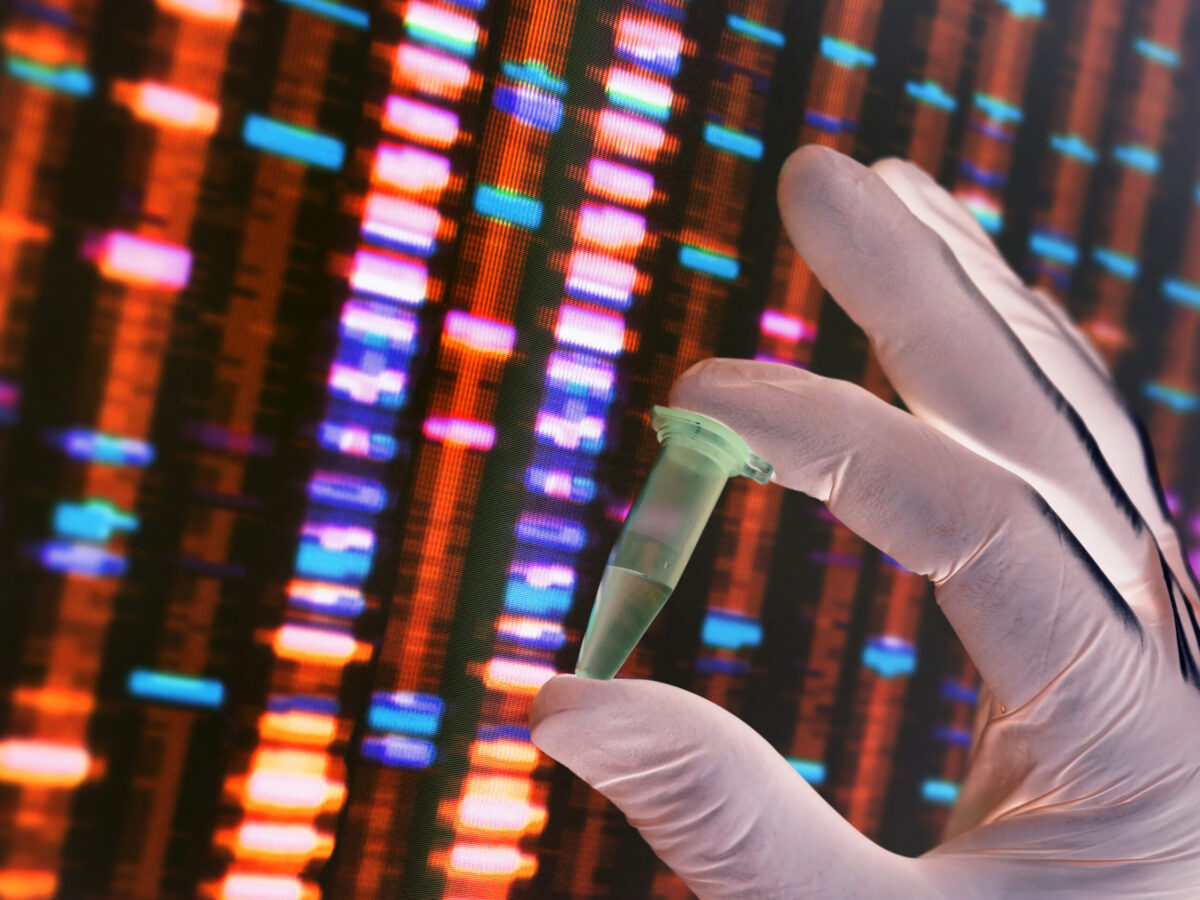The US Food and Drug Administration (FDA) has approved Biogen’s Spinraza for the treatment of spinal muscular atrophy (SMA). The drug is the first to be approved to treat the rare genetic disease in both adults and children.
“There has been a long-standing need for a treatment for spinal muscular atrophy, the most common genetic cause of death in infants, and a disease that can affect people at any stage of life,” said Dr. Billy Dunn, director of the Division of Neurology Products in the FDA’s Center for Drug Evaluation and Research. “As shown by our suggestion to the sponsor to analyze the results of the study earlier than planned, the FDA is committed to assisting with the development and approval of safe and effective drugs for rare diseases and we worked hard to review this application quickly; we could not be more pleased to have the first approved treatment for this debilitating disease.”
SMA is characterized by a loss of lower motor neurons, which are responsible for controlling movement, and results in muscle weakness. While the symptoms of the disease vary between individuals, it is often fatal. The incidence of SMA is approximately 1 in every 10,000 live births.
Spinraza was tested in a randomized controlled clinical trial of 121 patients with infantile-onset SMA. An interim analysis found that 40 percent of patients treated with Spinraza saw improvement in motor milestones – such as head control, sitting, rolling, standing and walking – compared to the control group.
Biogen has set the price of the injectable at $125,000 per treatment, which could see patients and payers facing bills up to $750,000 for their first year of treatment with Spinraza. The price would likely decrease to $375,000 for subsequent years, based on the number of treatments necessary, however the drug would likely be taken on a long-term basis.
The cost of Spinraza is surprisingly consistent with other recently-released rare disease drugs. Last year, Gilead Sciences’ hepatitis C drug, Sovaldi, drew criticism over its $84,000 price for a 12-week treatment course. However, the difference between the drugs is that Sovaldi is essentially a cure for some genotypes of hepatitis C; Spinraza has only been shown to improve motor function in some patients with SMA.












Join or login to leave a comment
JOIN LOGIN